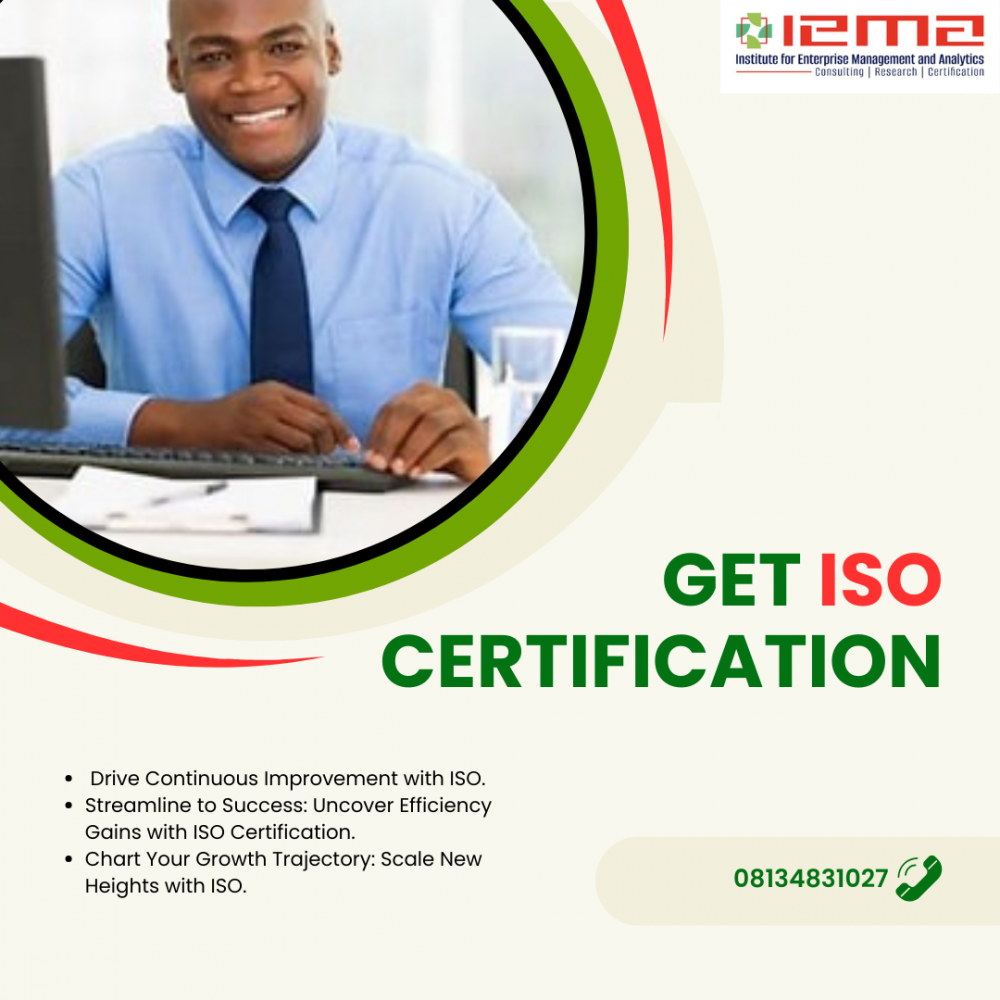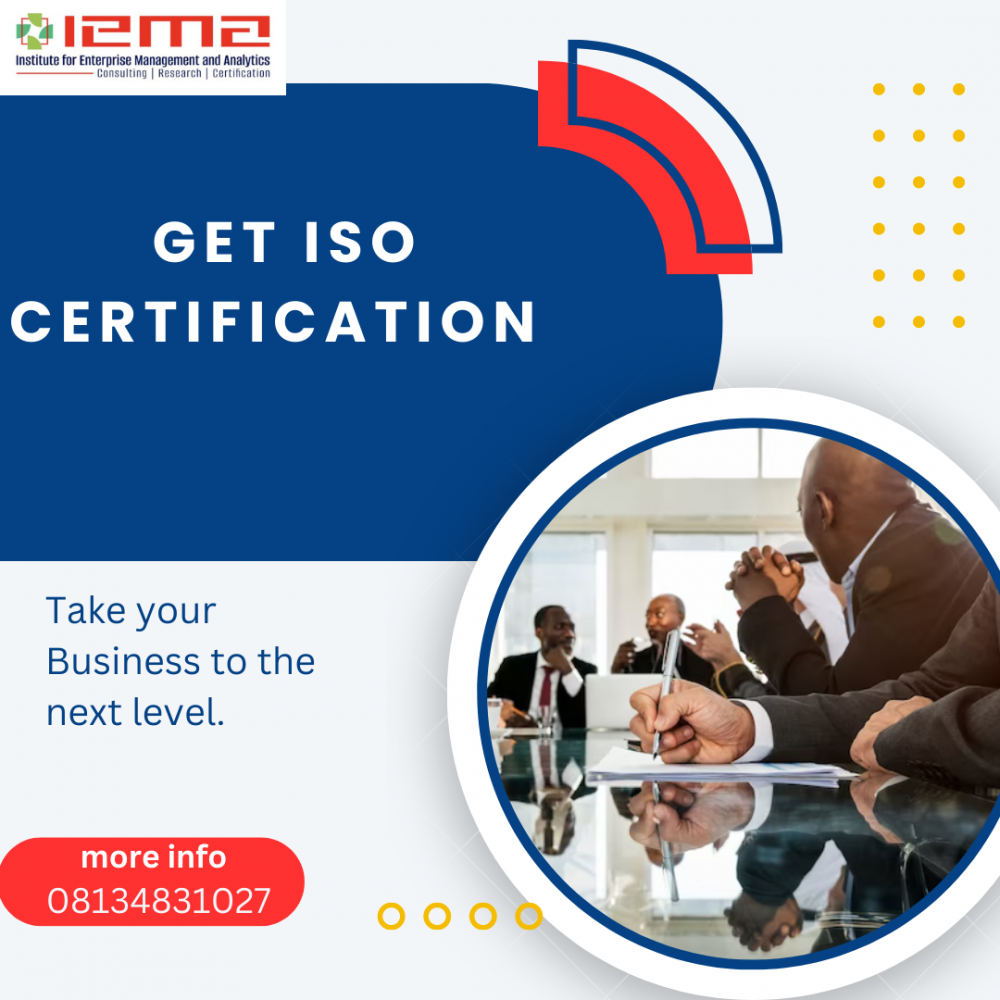What is a tender?
A tender is a document that you need to complete when bidding for a contract; the tender document is how a buyer evaluates your suitability for the contract based typically on price and quality elements – you will therefore most likely have a pricing document and question set that you must respond to. Read below for more information on the full tendering process and how it works.
The tendering process
A tender is a formal offer, or a bid, to ultimately secure a contract.
One of your existing customers might ask you to tender for work (to either maintain your current services with them, or for a new service), or, to grow your business, you might find you need to submit bids for public sector contracts. Tendering is the most common way in which a buyer will find someone to supply goods or services. The tendering process is a structured process, in order to be fair and transparent, including a stringent selection process, expressions of interest from bidders, through to the request for tender and the evaluation process.
What does the tender process involve? Each tender process is different depending on the contract in question and how the buyer needs to evaluate the bidder. However, specifically in the public sector, they must comply with specific rules and regulations to make the process fair and transparent.
A tender document (or ITT, or tender bid) is the stage in the bidding process where you need to explain how you will deliver the contract, including your technical solutions and pricing proposals. Your company must provide high-quality, persuasive narrative responses to demonstrate why you are best suited to the contract. This is the opportunity to stand out against your competitors and showcase why you are the right company to deliver the contract. The buyer will then shortlist the most suitable bidders, before finally selecting a winning tender.
As part of the procurement process, you will be evaluated on both price and quality so that the buyer can make an informed decision during the selection process on who is best to deliver the contract. There is no margin for error, and you must get the tender process right. Please note your bid documents are not evaluated solely on the lowest price; you will also be evaluated on a quality, narrative section of the invitation to tender document to demonstrate that you are capable of delivering the services, not simply price competitive.
Tendering is a competition
It is also important to remember the reason behind the tender document and bidding process: it is for the contracting authority to identify the most economically advantageous tender. Simply put, the company that submits the highest quality bid response at the best price is the company the authority will shortlist, and then award the contract to. Or if it is a framework agreement, the top 5, 10, or more bidders will be awarded a place on the framework; this is very common in certain industries such as construction projects. You must make sure your company stands out from your competitors in the bidding process. By using tender writing services provided by companies such as Executive Compass, you can receive assistance in submitting a successful tender. Research your main competition and then stress how your company differs from others in order to score the most marks available, which could be through innovations, added value, and price.
Executive Compass can support you throughout the tendering process, helping you complete the selection questionnaire and the invitation to tender document, as well as other important tender documents. We can help you to understand exactly what the tender process entails, what the buyer is looking for in the procurement process and the procedures you need to follow in order to submit a successful tender bid for a product or service.
Certifications and memberships
If there is a pre-qualification questionnaire (PQQ) stage of the public contracts bidding process, part of the process will require you to submit any certifications which are a requirement for the contract and this acts as a first stage. However, if there is no pre-qualification questionnaire, but just a tender document (i.e., a single-stage process or open tender process) the certification requirements will be included in the tender document. Certifications, such as ISO and Investors in People, and memberships, e.g. CQC, CHAS and Construction line, are all examples of requirements that can be included in a tender specification and guide questions in the narrative responses.
Check the tender specification and evaluation criteria carefully for any requirements before you begin the tender writing process and before you tender for work.
Tender examples and references
At the tender stage when a buyer issues requests for proposals, you need to include examples and references to demonstrate your organization’s capabilities. Exemplify your use of best practice and customer support in your management of your current contracts, preferably over the long term. Typically, a buyer will ask you to provide case studies and examples as part of your tender response. If you do not have a library of documented examples and references to use in tenders and quotations, Executive Compass will help you create one, based around your business and your clients, to help you win maximum points from your PQQ and tender submissions. If you feel you cannot provide suitable examples and references, it may not be the correct contract for you to bid for, which is a decision to make early on in the tender process
The Tender Evaluation Process
Once you have submitted your tender bid to the contracting authority, they will review your financial and quality elements against the marking criteria, and alongside the submissions of your competitors to shortlist. Whatever the outcome of your submission, you should request feedback to use as continuous improvement or to identify why you have lost marks. Typically, the authority will produce a scorecard of all the tender responses, so you can see where you have ranked in the evaluation process. If there are certain topics that you have scored highly in your contracts awarded, save these responses in a bid library to help guide future tender processes. In this video, we explain how the tender process works and how your company can benefit from it.
How to be successful in the tendering process
It is easy to get caught up in documentation when tendering, which can seem overwhelming. However, to be successful in the tendering process and win contracts for your organization, you need to have a deep understanding of how you will be evaluated and general rules of the game. See our top 10 tips for writing a successful tender bid here.
We can help you through the tender process
If you require assistance with your tender, our team of expert bid writers are on hand to help and offer advice at any stage of the tendering process, including after the evaluation process.





Leave a Reply